
Dr. Muss and his colleagues investigated the use of adjuvant chemotherapy in patients with lymph node-positive breast cancer to determine if older people got the same "bang for the buck" as younger people when given more aggressive modern regimens.

Your AI-Trained Oncology Knowledge Connection!


Dr. Muss and his colleagues investigated the use of adjuvant chemotherapy in patients with lymph node-positive breast cancer to determine if older people got the same "bang for the buck" as younger people when given more aggressive modern regimens.
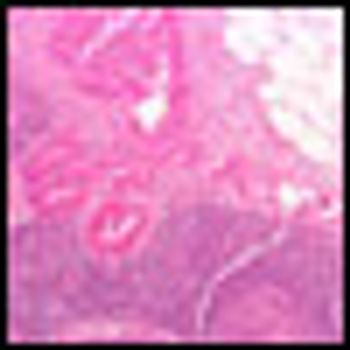
Clinicians traditionally look to lymph node status when determining breast cancer prognosis. But do the nodes really deserve such attention?

Adding a third dimension to the therapeutic field and reversing treatment planning may provide safer and more effective dose delivery, according to recent studies discussed at the Miami Breast Cancer Conference.

Rapid advances in the prevention, diagnosis and treatment of breast cancer keep clinicians on their toes. And this last year offered no reprieve, according to Debu Tripathy, MD, who highlighted several recent shifts and refinements to practice in his talk at the Miami Breast Cancer Conference.

The combination of biomarkers and molecular pathology will aid oncologists in developing targeted treatments for breast cancer, according to Samuel Aparicio, MD, PhD, who will be delivering a presentation on recognizing breast cancer heterogeneity in targeted treatment at the Miami Breast Cancer Conference this week.

The early promise of treating triple-negative and basal-cell breast cancers with poly (ADP-ribose) polymerase (PARP) inhibitors is yet to be realized, according to Lisa A. Carey, MD, who will be delivering a presentation on treatment options for these patients at the Miami Breast Cancer Conference this week.
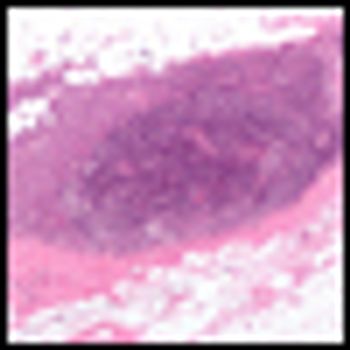
Axillary lymph node dissections (ALND) remain the standard of care for breast cancer patients that have sentinel lymph node metastases. However, the procedure carries the risk of serious complications such as infection, lymphedema, and seroma.
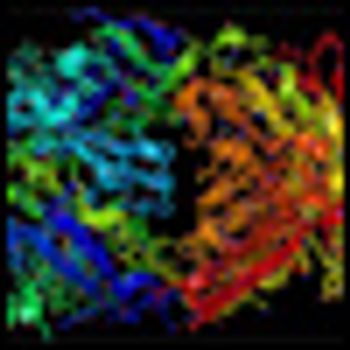
Results of a 4-year follow-up of patients on the Herceptin Adjuvant (HERA) trial have been published in March edition of Lancet Oncology.

The discovery of Human Epidermal growth factor Receptor 2 (HER2) positive breast cancer subtypes is not yet complete, according to Mark D. Pegram, MD, who will be delivering a presentation on the different clinical outcomes of these subtypes at the Miami Breast Cancer Conference this week.

Are genomic profiles refined enough that they should be used routinely to determine which breast cancer patients should receive adjuvant therapy? According to J. Michael Dixon, MD, who will be presenting the contra argument to this question in a debate at the Miami Breast Cancer Conference this week, the answer is: Not yet.
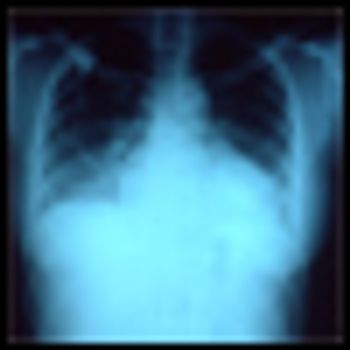
A meta-analysis study of 3784 clinical trial patients from five clinical trials taking bevacizumab for breast cancer published in the Journal of Clinical Oncology has found that although the incidence for significant heart failure is low, patients have an increased risk of developing significant heart failure.
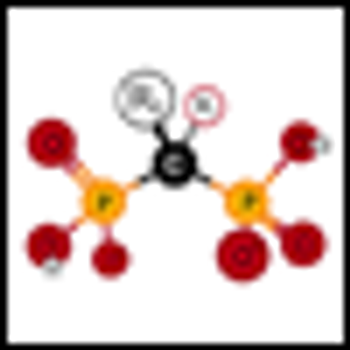
The use of oral bisphosphonates, typically used to treat osteoporosis and bone metastases in breast cancer, has recently been found to reduce breast cancer risk.

Dr. Henderson provides a thoughtful perspective on an important question that many clinicians often consider: can we ditch anthracyclines in favor of other, more effective and/or less toxic chemotherapeutic agents?

The anthracyclines doxorubicin (A) and epirubicin (E) are among the most active agents for breast cancer.

As our knowledge of the molecular profiles of breast cancer has increased as a result of moving closer to our goal of individualized therapy, it is clear that we need to re-think our approach to the adjuvant treatment of early-stage breast cancer.

After IV administration, the human plasma protein binding of eribulin at concentrations of 100 ng/mL to 1,000 ng/mL ranges from 49% to 65%, and drug is eliminated (mean elimination half-life) in 40 hours.
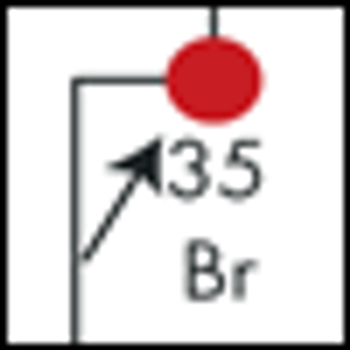
While 90% of cancers occur as a result of factors related to lifestyle, the environment, or aging, 5% to 10% of cancers are passed down from generation to generation. Breast cancer is the most common cancer diagnosis in American women.

The anthracyclines doxorubicin and epirubicin are among the most effective cytotoxic treatments developed for the treatment of breast cancer.

Lymphedema develops in nearly half of women treated for breast cancer, and the evidence is growing that upper body exercise is a good way to reduce the risk. Studies show that it's crucial to discuss this at the time of diagnosis, and to bring it up periodically afterwards.

According to a new study by researchers at the Fred Hutchinson Cancer Research Center, postmenopausal women who experience hot flushes and other menopause symptoms may have a 50% lower risk of developing the most common forms of breast cancer.

A new study published in the Archives of Internal Medicine shows that smokers are more likely to develop breast cancer than nonsmokers.
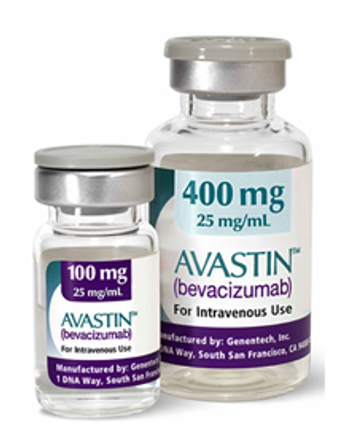
Genentech, owner of Roche, submitted its response yesterday to the FDA’s proposal to withdraw approval for Avastin (bevacizumab) for the treatment of HER2-negative metastatic breast cancer.

“How long have I had this cancer, Doctor?” This is a question that patients frequently ask their oncologist.

In their article, Patrone et al utilize a modified version of Collins’ law to estimate the age of breast, lung, and colorectal cancers. Collins’ law, which states that the period of risk for recurrence of a tumor is equal to the age of the patient at diagnosis plus 9 months, has been applied primarily to pediatric tumors, in particular embryonal tumors.[1,2] The results from the application of Collins’ law to these tumors have been reasonable, although exceptions have been reported and the law is not applicable to all cancers.[3,4] Its utilization in adults in the manner used in this paper is therefore unique.

The cancer stem cell (CSC) theory was first proposed to explain the fact that only a small proportion of leukemia or solid tumor cells have the capacity to induce growing tumors in immunodeficient mice.[1,2]